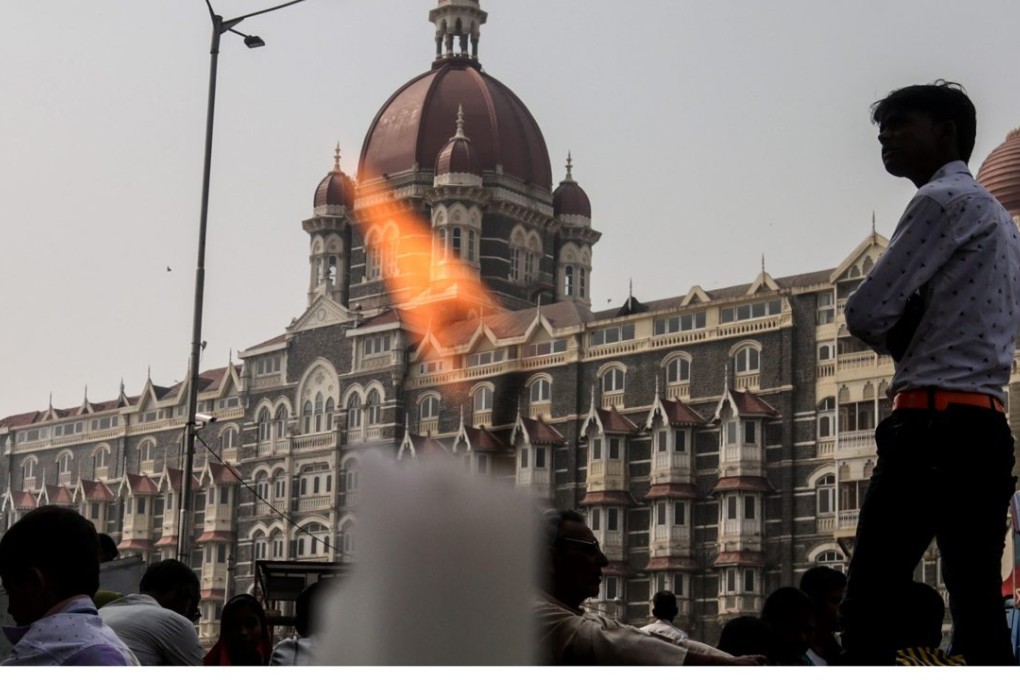Taj Group’s response in wake of Mumbai terror attacks an example of business with a broader purpose
Ethics must play a central role in the education of future leaders, building businesses with a social conscience

In November 2008, India’s commercial capital, Mumbai, was rocked by a series of coordinated terrorist attacks that lasted for four days and claimed the lives of 164 people.
While attacks took place across the city, the siege at the luxury Taj Mahal hotel produced some of the defining images of the attacks and witnessed some remarkable acts of bravery by hotel staff, several of whom were killed or wounded trying to protect guests or guide them to safety.
In the days immediately after, the hotel owners, the Taj Group, moved quickly to look after the families of all staff who had died or were injured. The company pledged to support the education of children whose parents had been killed and offered jobs to relatives who had lost a key breadwinner.
It went further still, making contact with and supporting souvenir sellers who worked in the vicinity of the hotel and had seen earnings dry up as tourist numbers plummeted. They were not employees of the hotel, but were part of the business ecosystem that the hotel had created – and the hotel felt a responsibility towards them.
The response of the Taj Group in the wake of the siege is a revealing example of how one business views its responsibilities to the society in which it operates – in other words, how it sees its purpose.
Business after all does not operate in a bubble; it cannot be seen, nor can it function, in isolation from the society that surrounds it. The two have an interdependent relationship: society relies on business to create wealth, while business relies on society to provide the suitable conditions in which it can create that wealth.